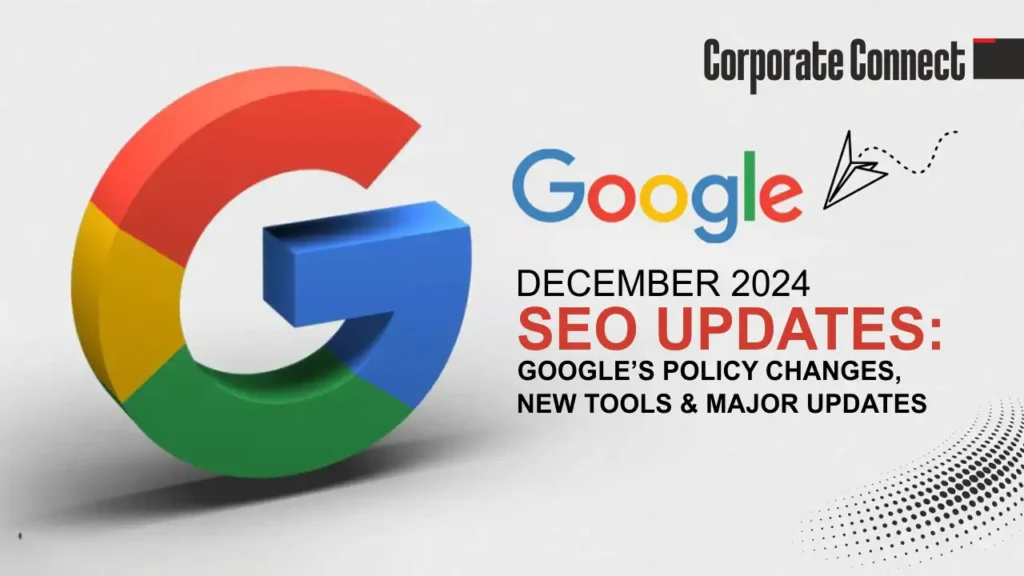- The Week
- Balthi
- DP Review
- Gear Patrol
- The Independent
- Le Enterprise
- Los Angeles Times
- Media Lab Mexico
- News Delhi
- Meena Kaabu
- iPhone ID News
- Pix Prasa Media
- RTL Germany
- World History Encyclopedia
Under this partnership, PubleCity gets the right to use these companies’ content in its search results, while the companies receive a lump sum payment in return. It’s a win-win situation.
Interestingly, PubleCity has already signed similar contracts with major publications like Time, Fortune, and Der Spiegel. However, let’s not mistake this for a purely altruistic move on PubleCity’s part—it’s clearly a strategic business decision.
Many companies have already filed lawsuits against PubleCity, accusing it of using their data in search results without providing any payment or compensation. This issue arose after Google granted PubleCity the freedom to monetize its services, which in turn benefits Google by driving more user engagement.
Now, while it’s not entirely impossible to continue such practices, companies and users will need to adapt. By manually navigating content and diving deeper into high-quality materials, users will not only learn to understand the reasoning behind the content but also gain a broader understanding of various topics.
The next news, also from December 10, is about Bing launching Copilot in beta phase for its Webmasters Tool. This feature is now accessible to a wider audience. Initially launched on October 16, it was available only to a select few users on an invitation basis.
So, what is this Copilot? It’s Microsoft’s AI-powered assistant designed to help you analyze data from Bing Webmasters Tool. While it may not be particularly groundbreaking for experienced SEOs, it can be a game-changer for new SEOs and businesses trying to make sense of their data.
This tool is especially helpful for website owners, as it highlights obvious insights without requiring much experience. It provides a clear analysis, making it easier for beginners to take actionable steps.
Moving on, on December 11, Google made significant changes to its range filter after a long time. Previously, the filter looked quite different, but now there’s a new addition—the 24-hour tab.
Here’s what’s new:
The 24-hour tab allows users to access data from the last 24 hours. However, keep in mind that the data provided for this period is approximate, not entirely accurate. This is because real-time data often undergoes adjustments and verification, making it nearly accurate but not precise.
The data shown in the 24-hour tab is not entirely accurate. The larger the website and the higher its traffic, the closer the 24-hour estimates are likely to reality. However, for smaller websites with lower traffic, discrepancies may occur. For instance, the tab might show 50 views or clicks in the last 24 hours, but the actual count could be 70, which would only be reflected at the end of the month.
On December 12, Google launched a core update, which had been rolling out since December 5. Just a week later, Google introduced the Googlethalli.com update, whose rollout lasted until December 26. This marked one of the rare instances in recent years when two significant updates occurred back-to-back within such a short timeframe.
I can’t quite recall the last time Google launched updates back-to-back like this, but it has happened this year. The Spam Update 2024 typically targets web pages’ content and links. However, the November Core Update 2024, December Core Update, and December Spam Update 2024 have collectively impacted a wide range of websites.
From our experience, including insights from students, clients, and professionals, here’s what we’ve observed:
- Websites with misleading content or purchased links were heavily affected.
- Sites with significant internal linking issues also saw an impact.
- Websites with a high number of 404 errors faced penalties. However, these aren’t the typical “page not found” 404 errors visible in your de-indexing reports—they’re more related to deeper technical issues.
On December 12, Google removed a specific link and made its search feature accessible to all users. Now, anyone can use the search feature in ChatGPT simply by logging in for free.
Additionally, starting from December 3, Google3 will not only show organic links but will also display AI-organized carousels featuring images in different colors. These carousels aim to provide a more visually engaging and structured browsing experience.
January tends to be a quieter month in terms of updates, as many people are away for the Christmas holidays. However, we’ve already seen two updates this month. I hope your website wasn’t impacted by these updates and remained unaffected.
If your website did experience any impact, feel free to share in the comment section what changes occurred. Let us know what kind of risks your website was taking or whether you weren’t taking any risks at all. This helps us understand how updates are affecting different kinds of sites, and it may give us a better insight into how to improve moving forward.









